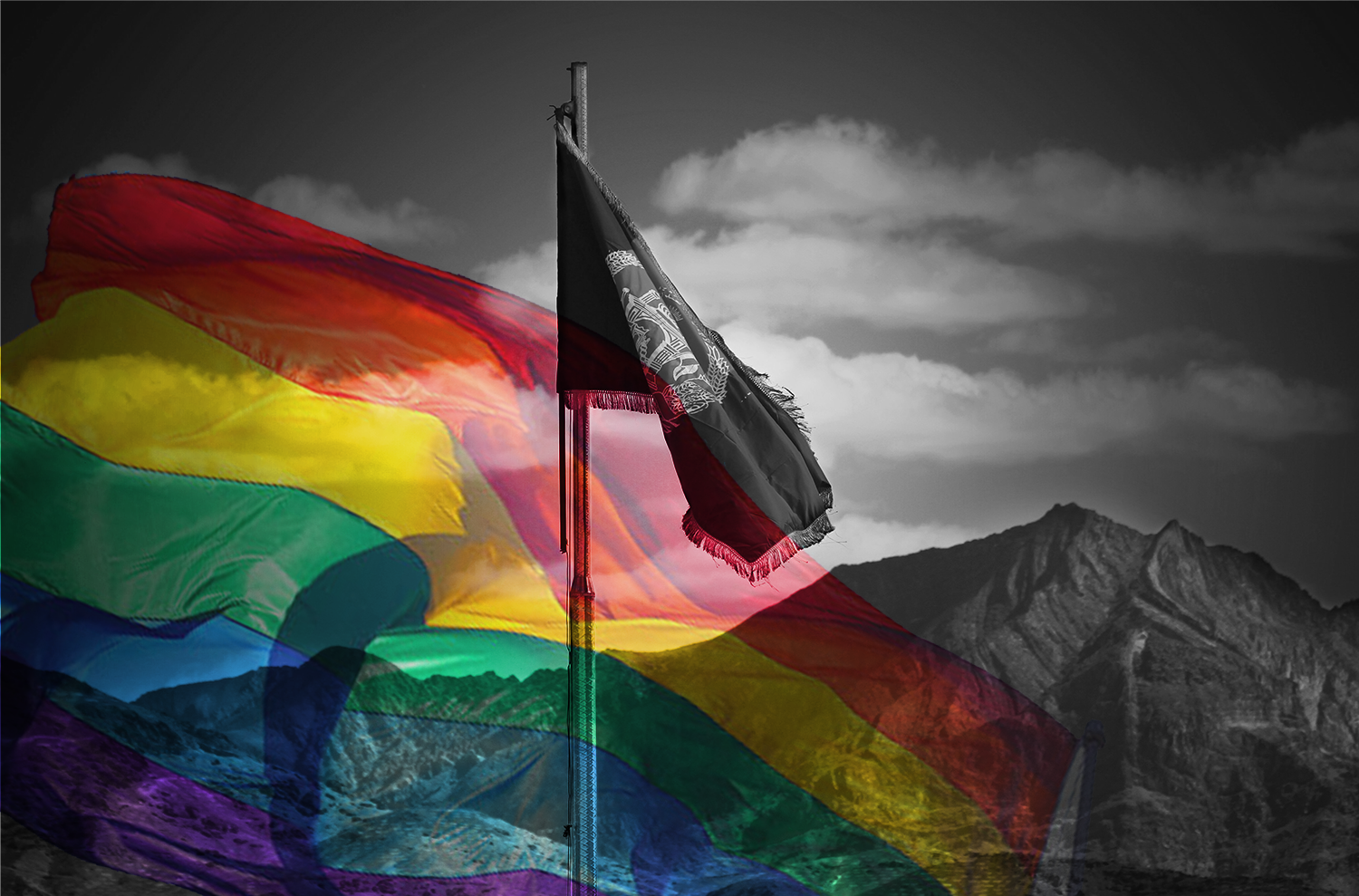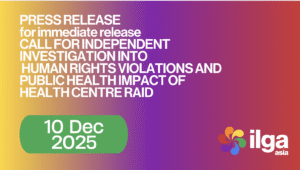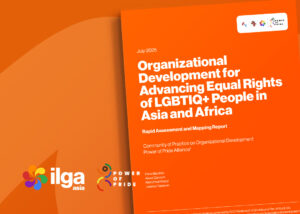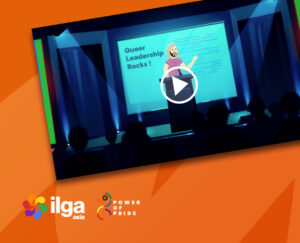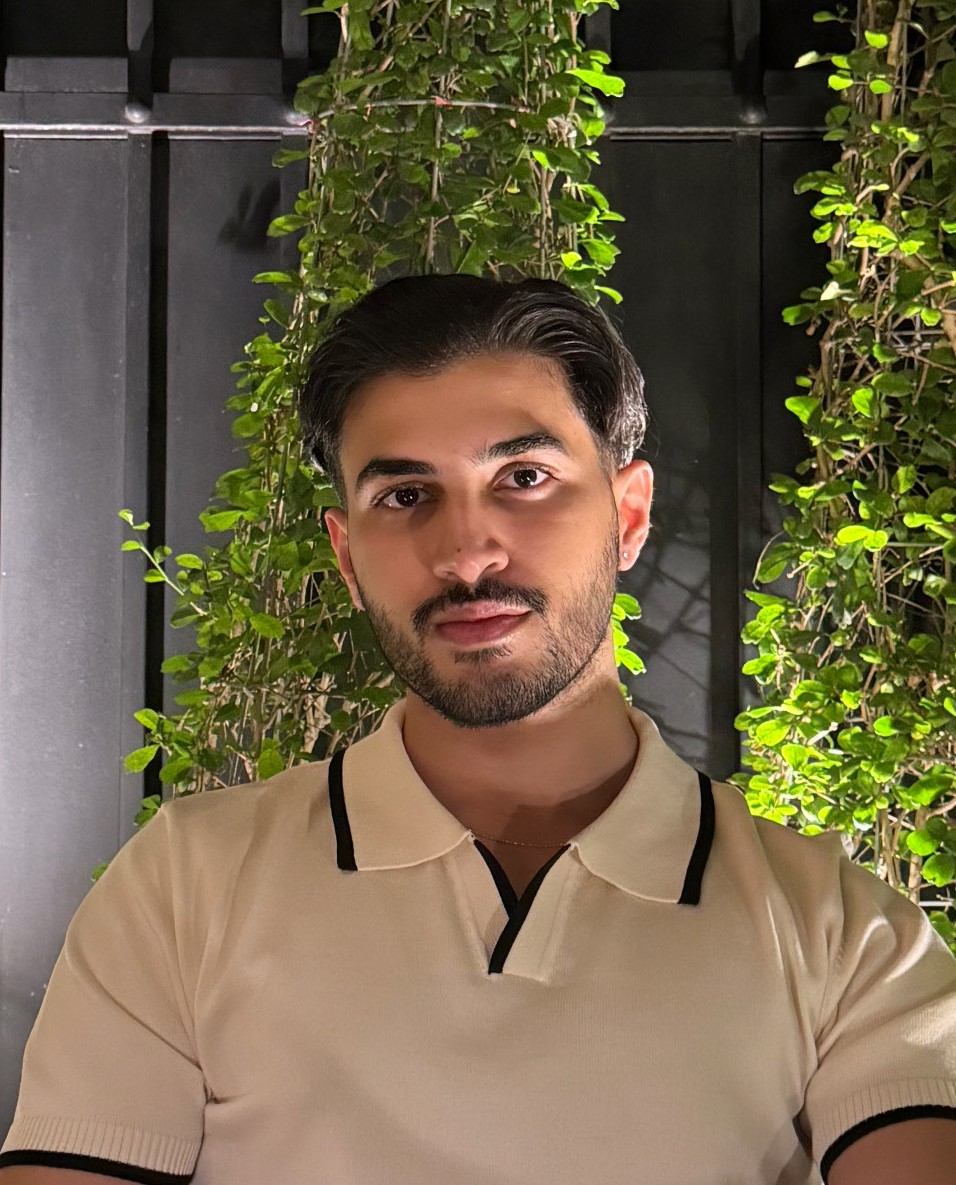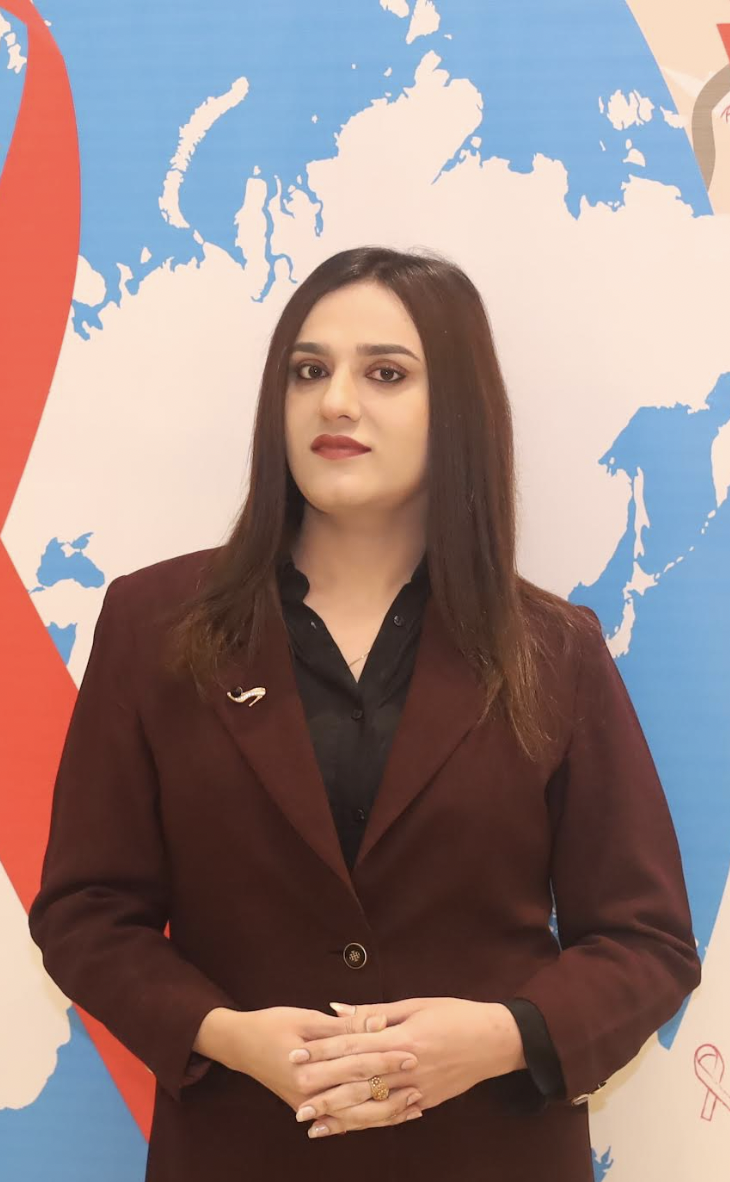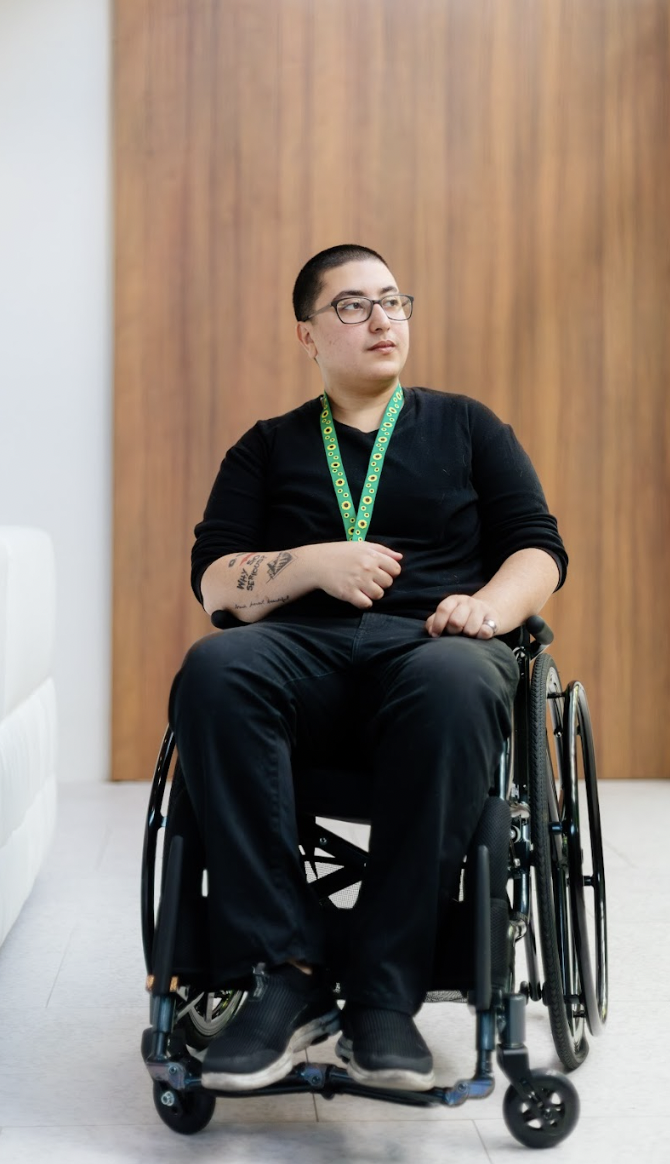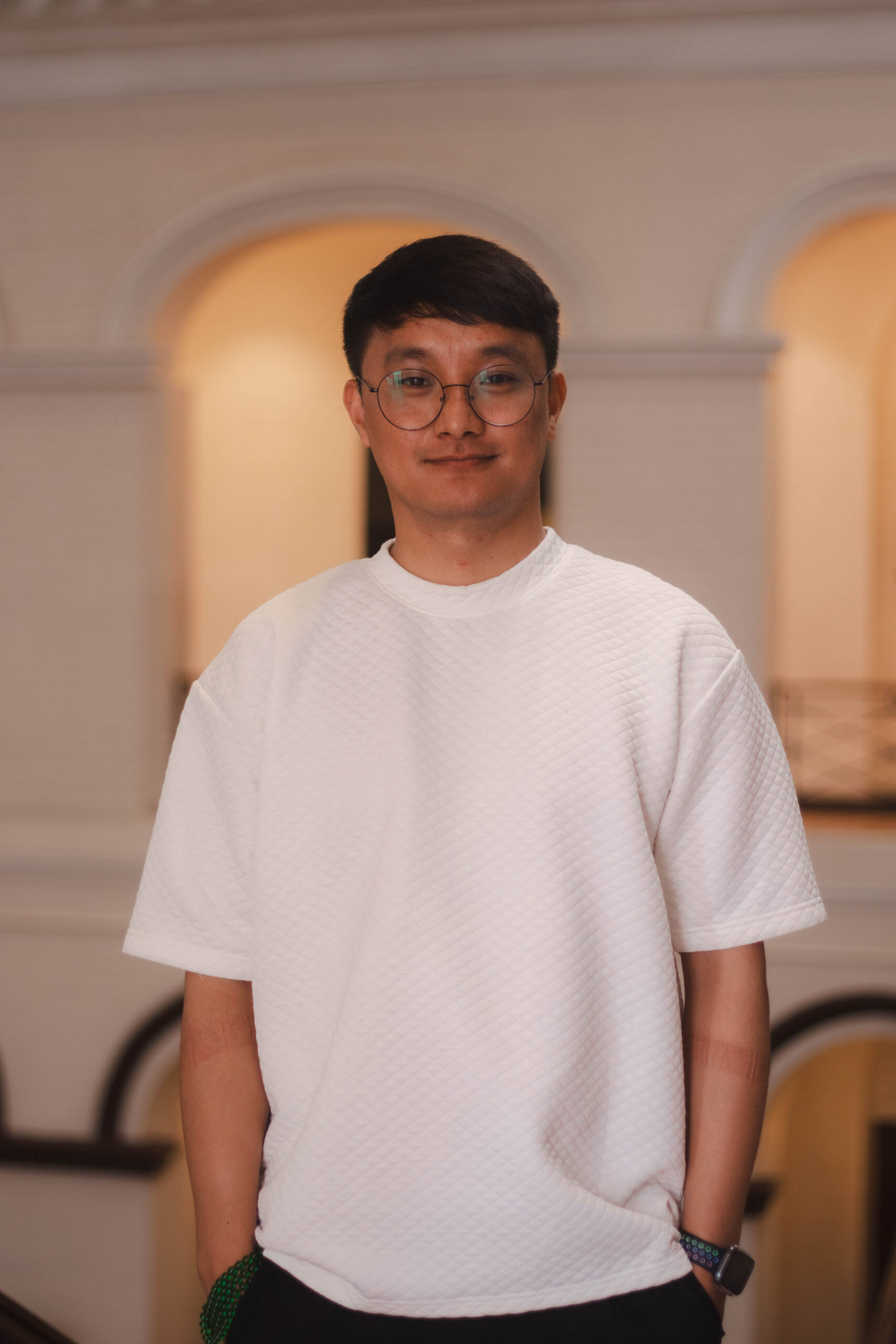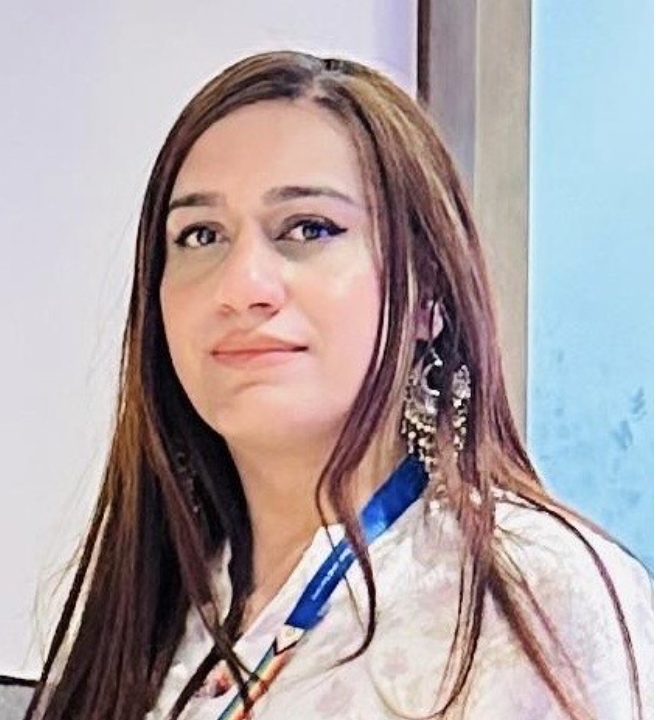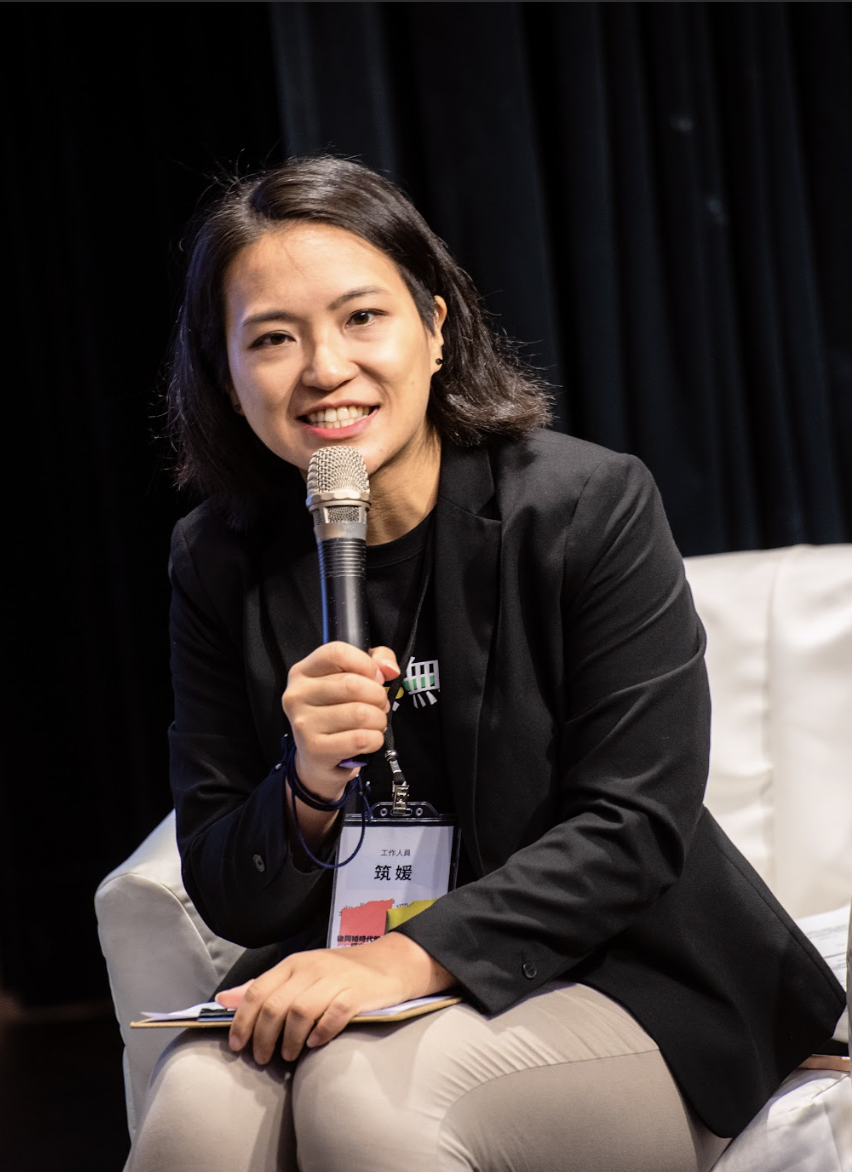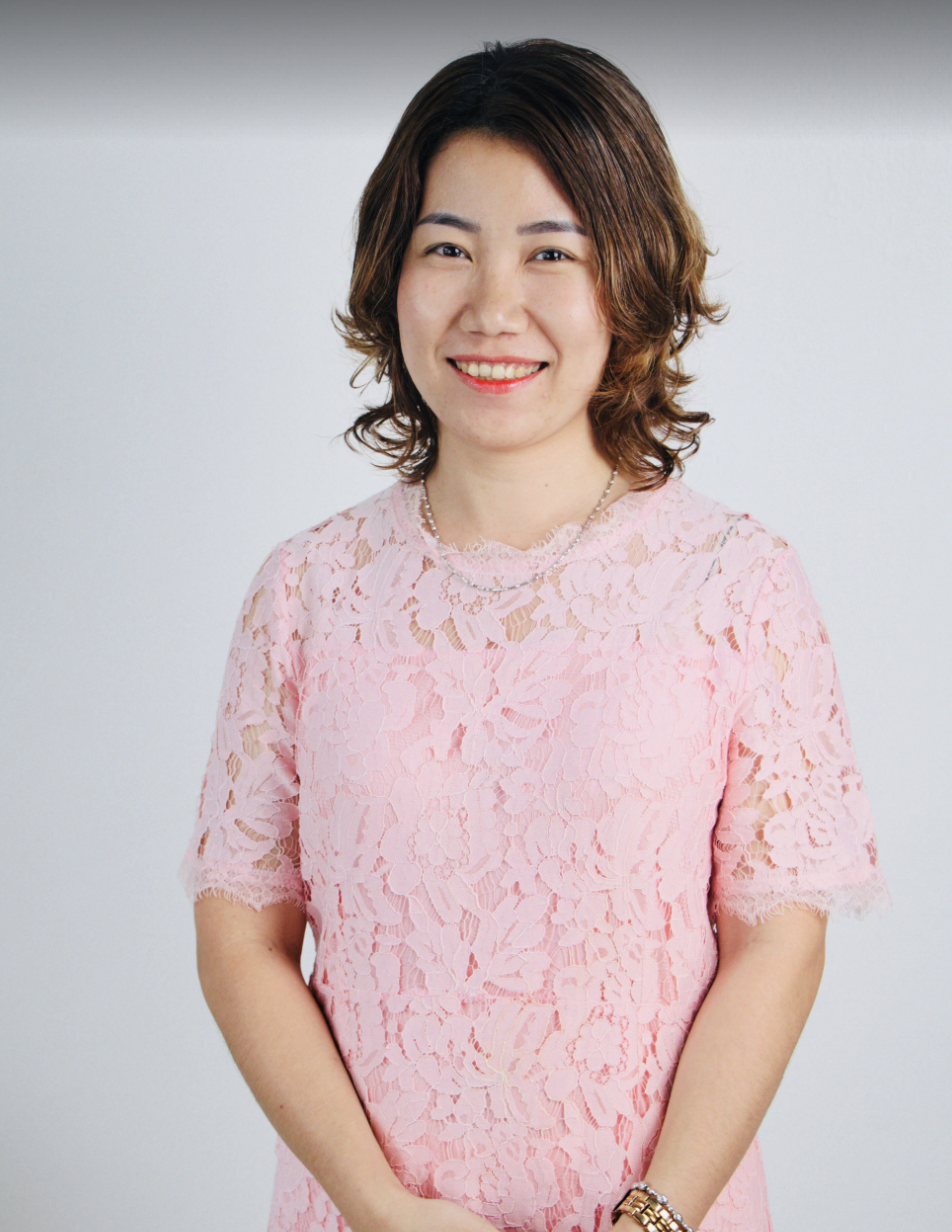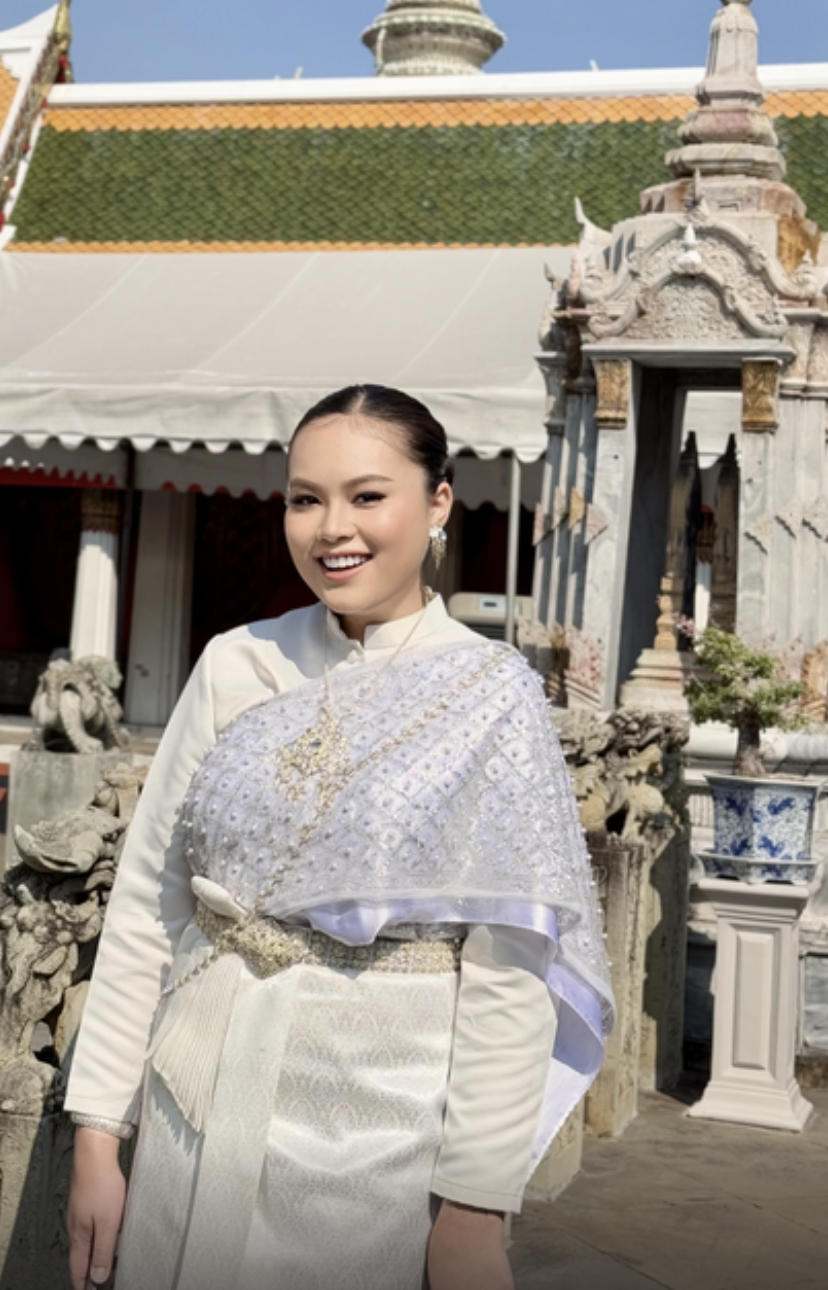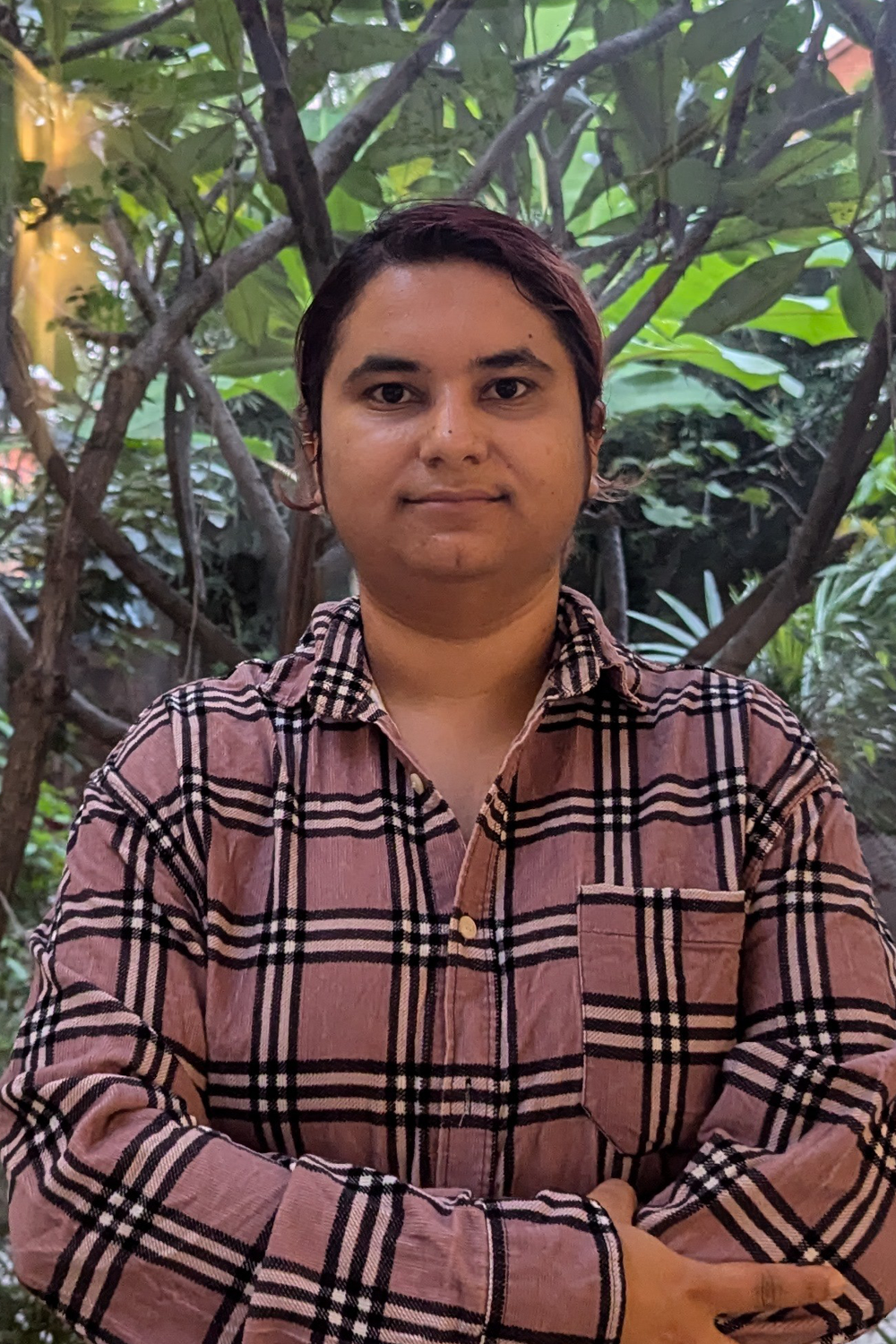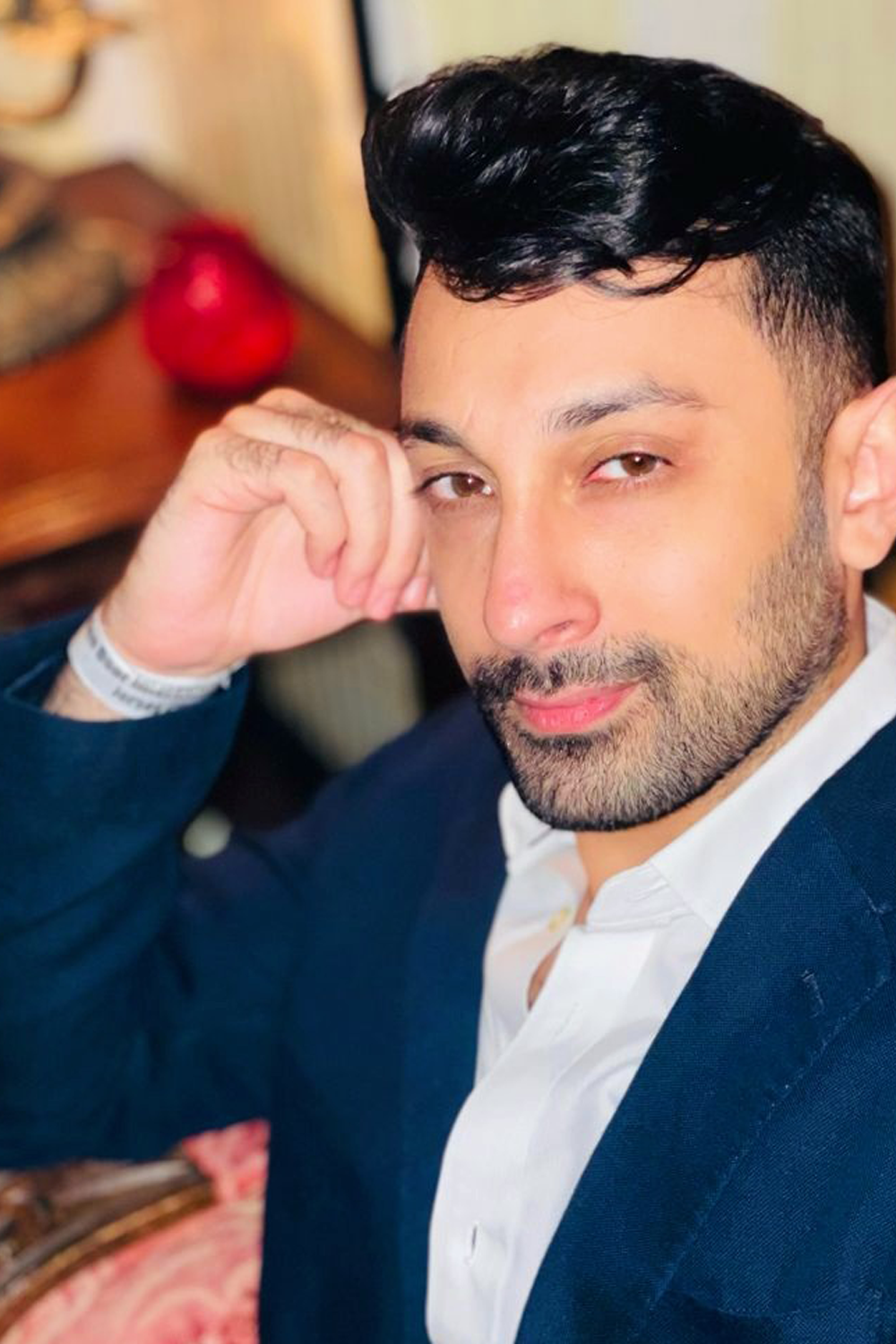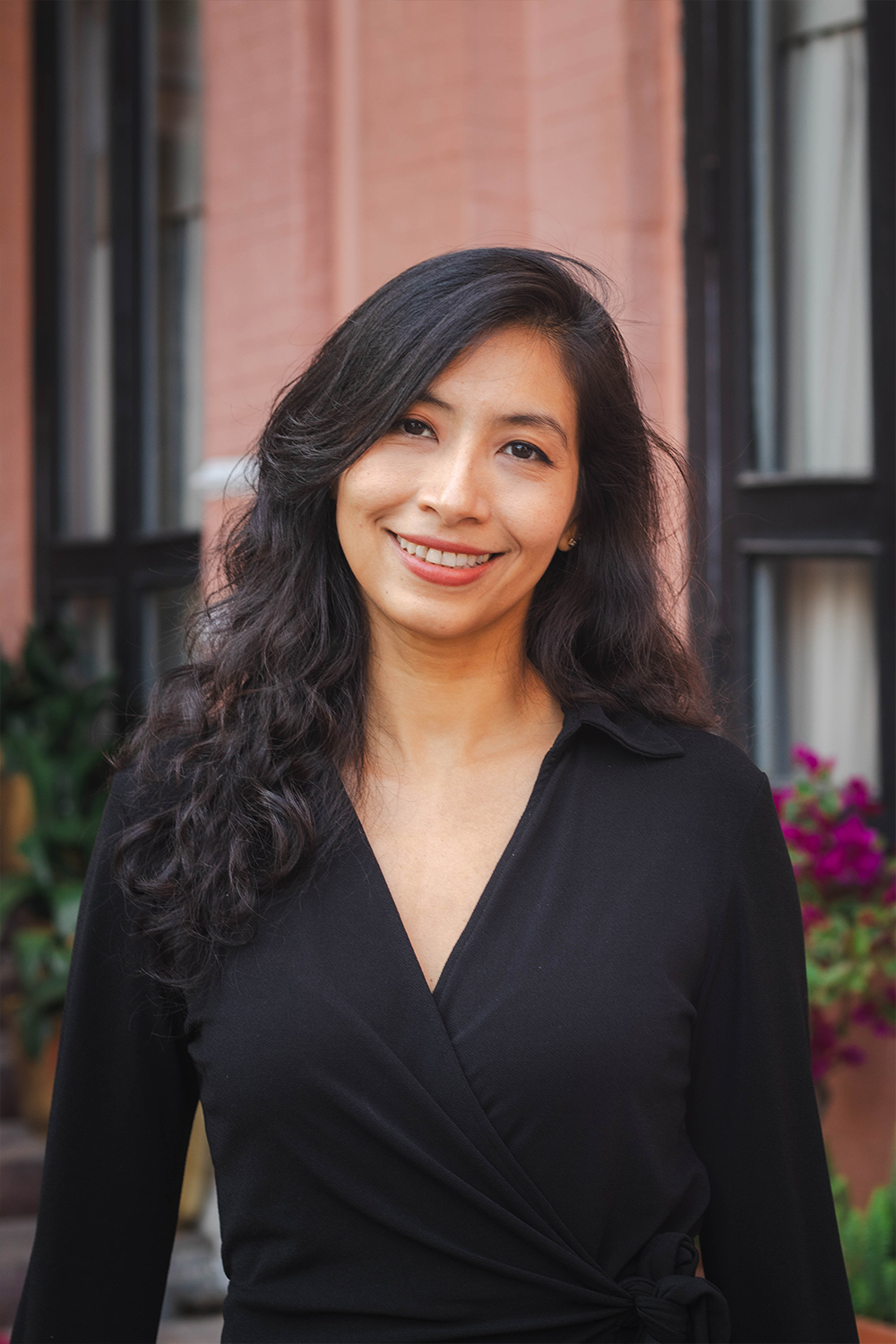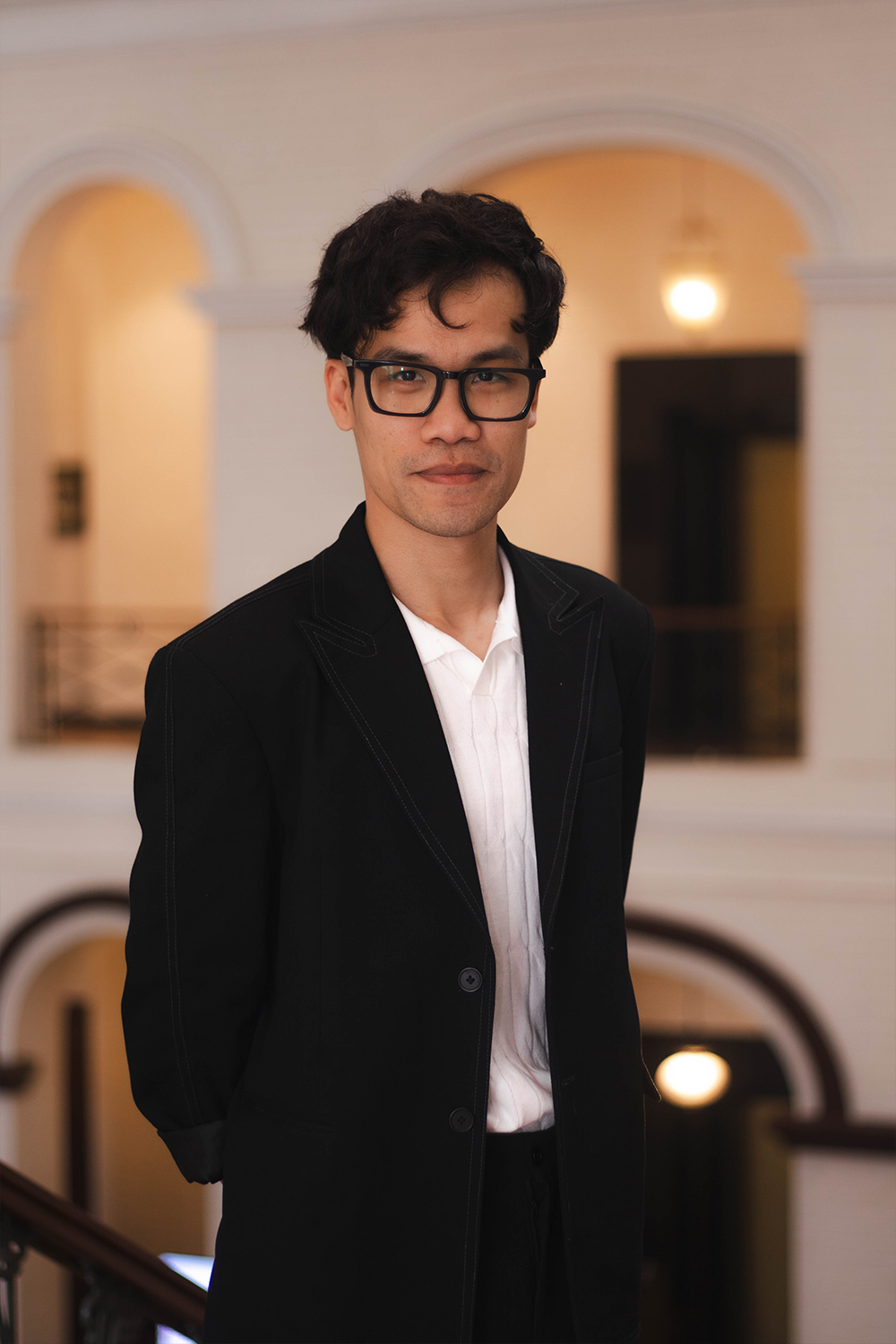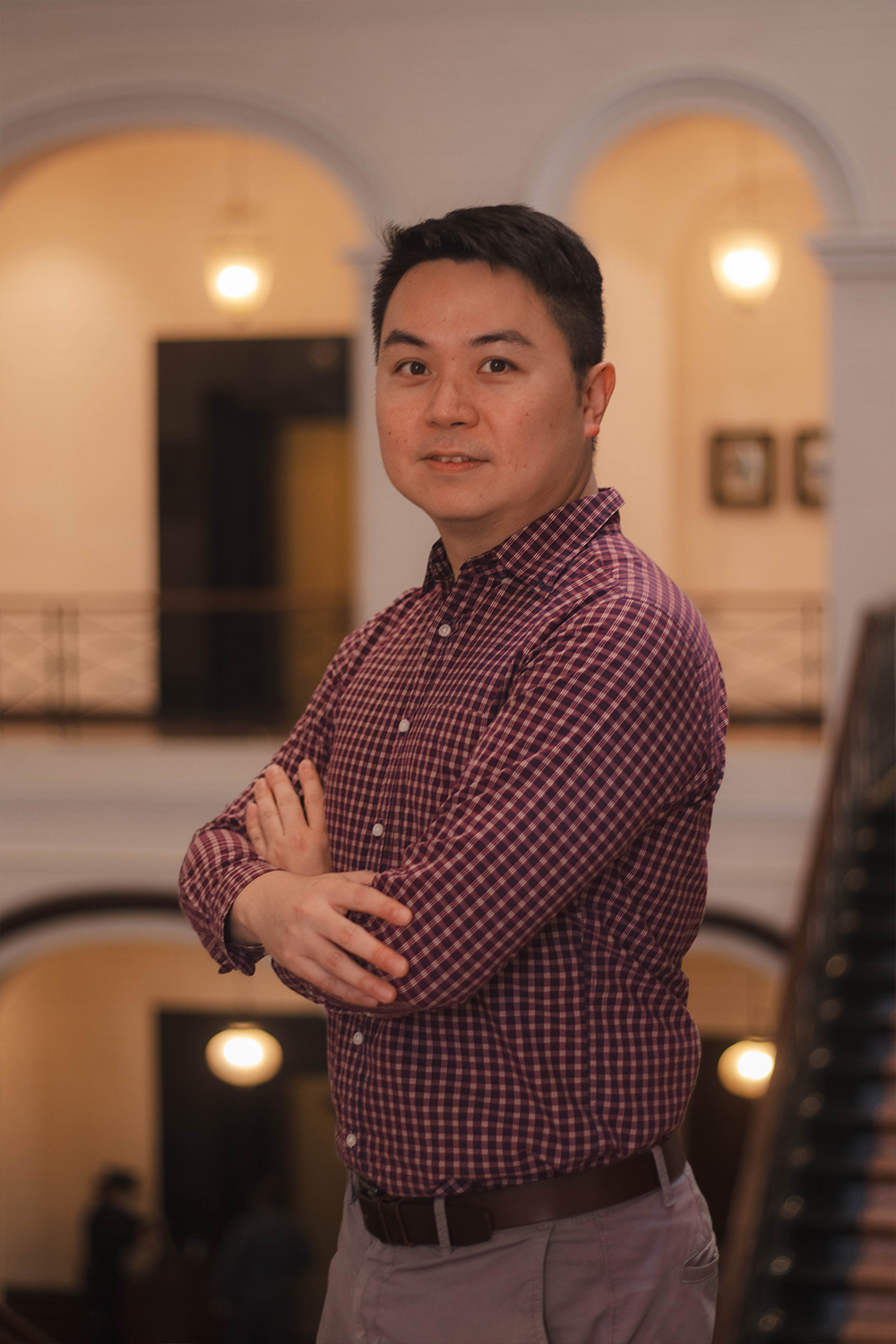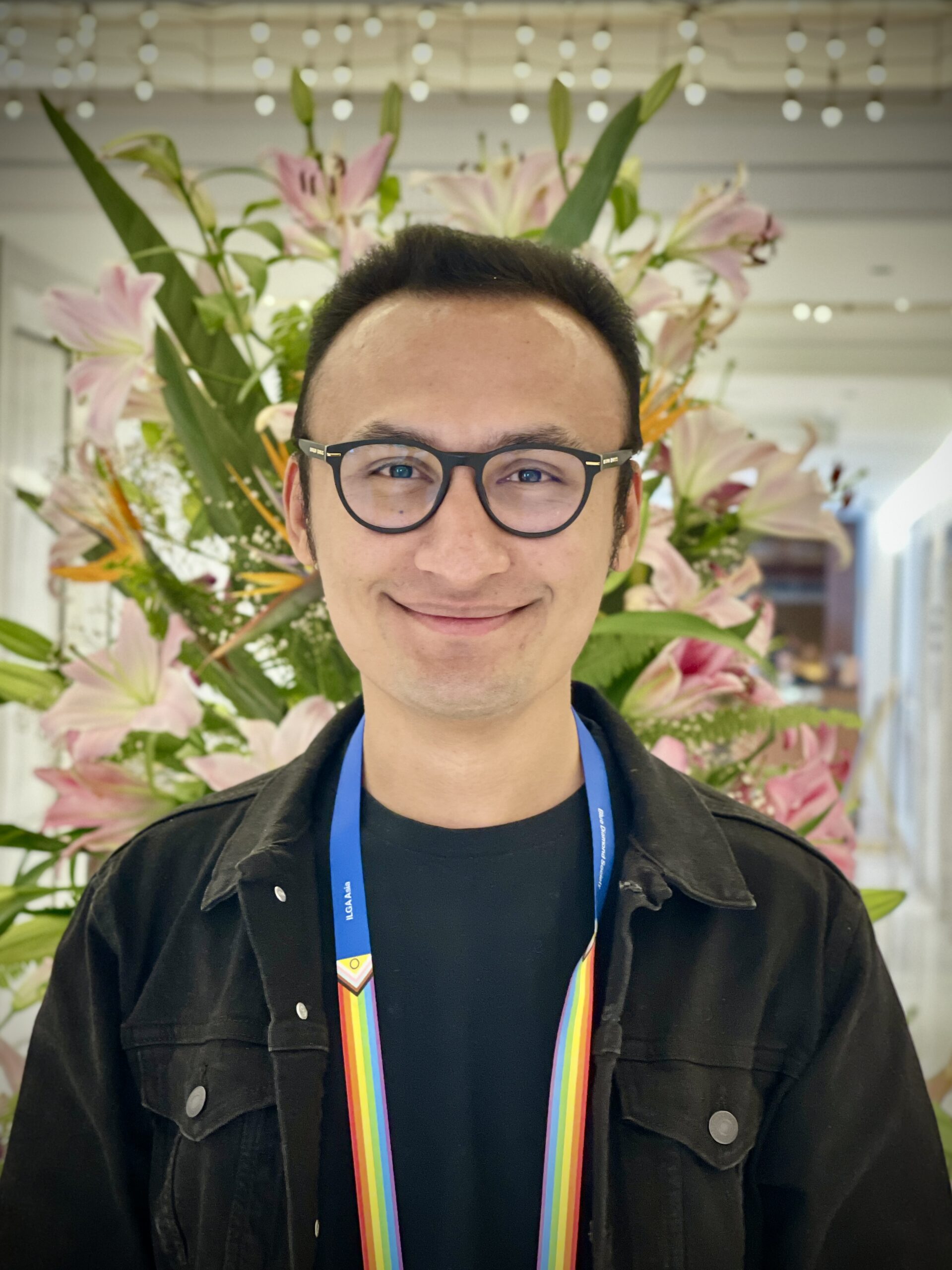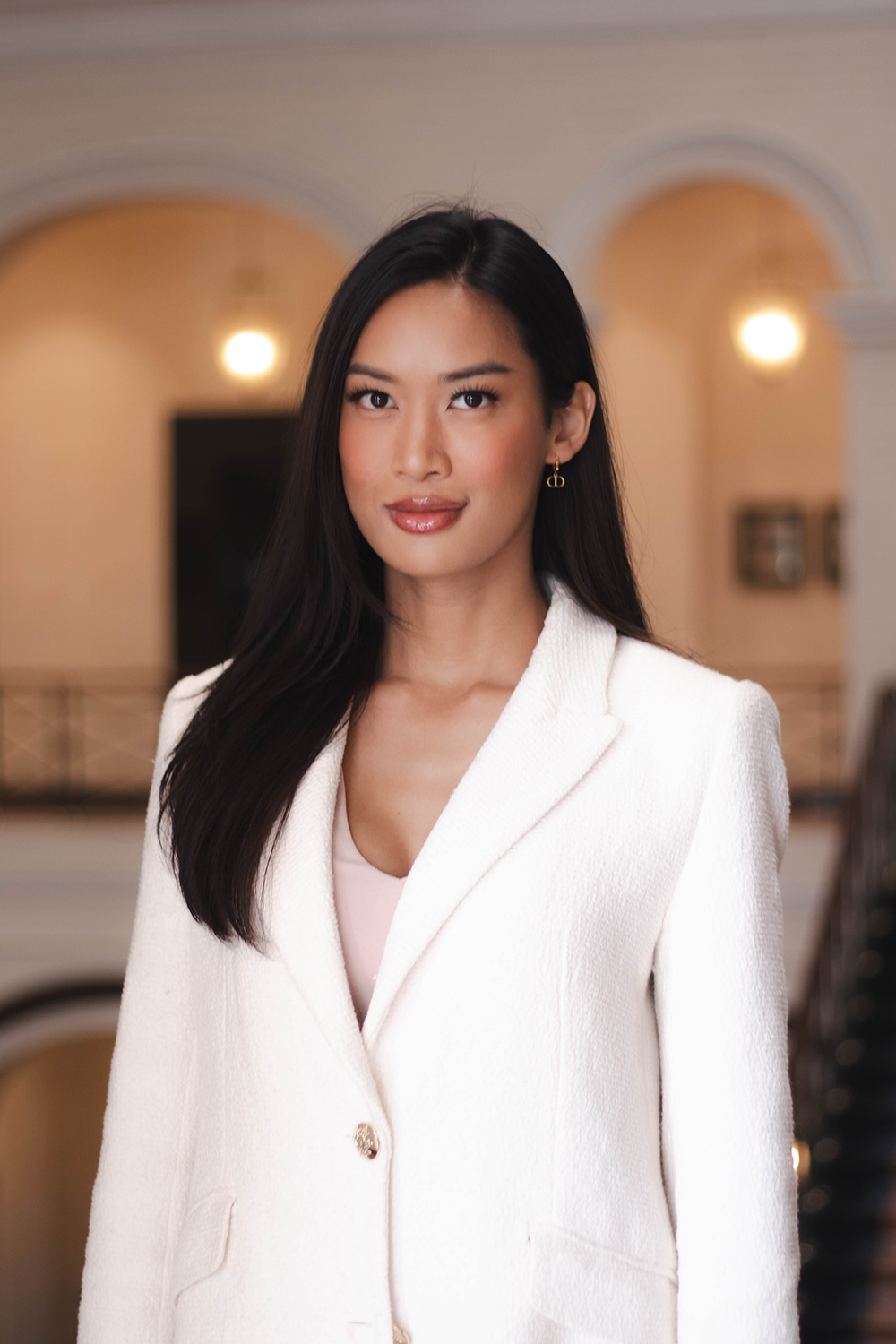Jungle World, a weekly German newspaper, sat down with Zohra Mousavi, ILGA Asia’s Afghanistan Programme Coordinator, to talk about the situation of LGBTIQ people in Afghanistan under the Taliban rule. You may access the interview in German here. What follows is the English translation of the interview.
One year has passed since the Taliban seized power. Do you still remember August 15, 2021?
Of course. I was on my phone around the clock, following the news, constantly updating Twitter. I felt like many other people—with the difference that I was safe in Germany. For us in the diaspora, it’s different from the experiences of our friends in Afghanistan. But there was a feeling of bewilderment among all of us, especially among the younger generation. Many of us only know our parents’ stories from the war years. To have to experience something like that firsthand is completely unreal.
How did gay and trans people face the Taliban rule at that time?
Scared. They knew what was coming. True, homosexuality has been criminalized before. For example, the Afghan state set up fake Grindr or Facebook accounts to lure gay men into dating and arrest them there. Yet penalties have been implemented rather inconsistently. The previous government was part of the international community and had to abide by human rights conventions. There were detentions and physical violence, but they could not impose the death penalty. It is different with the Taliban. There is no official statement from them yet, but we have interviews of gay men and trans people who were imprisoned, tortured and sexually abused.
What did queer life look like in Afghanistan before the transition of power?
Especially in big cities like Kabul, Mazar-e Sharif and Herat, there were intimate social spaces like bars and cafes, primarily underground. You only found out about them if you were part of the community or knew someone there. Even places that were dominated by heterosexual people were used by queer people. I would not call it coexistence, but they had more opportunities. Also, before Taliban rule, there were four million users of apps like Facebook and Instagram, but also Tinder and Grindr. The LGBTIQ community could use these platforms to their advantage, gain attention for their rights, and find other allies.
And after the takeover?
Since then, both spaces, online and offline, no longer exist. Almost everyone has deleted their accounts, and online activism is now almost impossible. Many members of the community are on the run. All meeting places are closed, like many other cafes, bars and restaurants of the young generation. There are reports of gay men being tortured by the Taliban for sharing information about other gay men. They are now completely isolated from each other because of the threat. The regime is using the same divide-and-conquer strategy as the colonizers did back then—and it is working.
What’s in it for the Taliban?
The implementation of Sharia laws gives them the legitimacy they need to prove themselves as the new government. They are using the narrative that homosexuality is a disease to Afghan society. By persecuting the LGBTIQ community, they show that the new government is functioning properly. It was the same propaganda the last time they were in power and there are many similarities with other governments in the region like Iran. This is particularly true of women’s rights. They are being reduced to reproductive machines in Afghanistan. Male family members now take over their former jobs, and what is left for them is merely to bear and raise the children.
So, homosexuality is a threat to the Taliban’s patriarchal reproductive model?
Exactly.
The Afghan economy has collapsed. Is the material situation of gay or trans people still different from the rest of society?
It is an additional level of oppression. It starts in the immediate family circle. Since the takeover, there have been three options for homosexuals in Afghan families: a) marry heterosexually, b) leave the house or c) the family reports them to the Taliban to have them arrested. Thus, they are constantly on the run, losing their family network and thus safe shelter, financial support, and capital. Another challenge is health care. Those who came down with AIDS could previously receive help from humanitarian organizations. Most have now stopped their work, especially for the LGBTIQ community.
Is it still possible to get prevention drugs for STDs? Or hormones for trans people?
No. There is a huge gap in the aid provision, and no one is willing to fill it.
That’s where you come in. What is your work like in Afghanistan?
We started the project in October—with only three staff members because we hardly have any financial resources. We have three goals: to provide humanitarian aid and enable LGBTIQ evacuation, inform the international community about the situation of the community in Afghanistan, and influence governments to support Afghan LGBTIQ and issue humanitarian visas. As a small organization, we encounter many limitations. For financial support, we have to launch fundraising campaigns or work with partner organizations. In a few cases, we also provide psychosocial counselling.
What sets you apart from larger aid organizations?
Because ILGA Asia is based in the region, we are simply closer. Large organizations face challenges when they want to work directly with the LGBTIQ community in Afghanistan. They either can’t get access or get lost in bureaucratic paperwork. We can provide a kind of grassroots support. To do that, we are in direct contact with individuals. We can provide this knowledge to larger partner organizations to lobby politically and push governments to reform. We would not have this influence on our own.
Do you have many partners on the ground?
Not many, but a few that we trust wholeheartedly. Mostly it’s about medical care and logistical support, especially in finding shelter. We also have partners in neighbouring countries like Pakistan, which is often used as a transit country.
Human Rights Watch reported in January that the LGBTIQ community is having particular difficulty leaving the country. How does this manifest itself?
Women are forbidden to travel without a male companion. Thus, lesbians who have been disowned by their family have no chance of a brother, father or husband accompanying them. Many do not have travel documents, which is a firm requirement for third countries such as Germany. In addition, the Taliban has closed many passport offices. Most cannot afford a visa for Pakistan on the black market. Now, for example, we have a lesbian woman with no passport, no visa, no escort, who gets an email from the German authorities saying: You have to leave the country on your own. We can’t even give you money for a ticket, but hey, if you come to Islamabad, we will help you! For our people, this is useless.
In the German asylum procedure, queer people have to prove that they belong to such a vulnerable group. Do you encounter this problem?
That is inhumane. How is one supposed to prove that? Especially when it comes to recognizing partnerships, it’s a big challenge. There is no same-sex marriage in Afghanistan. There is no official document proving their relationship, so third countries don’t recognize it either. Many gay Afghans have had to marry a woman and have children. There is no understanding of the complicated family structures in Afghanistan. If the man does get a humanitarian visa, the wife and children are not included, even though they are also in danger because of the man’s sexual orientation.
In January, the German government decided to accept 80 LGBTIQ activists from Afghanistan. Is that enough?
No, and we still don’t know who they mean by LGBTIQ activists at all. A political activist can prove his party membership, but nobody is crazy enough to officially register in an LGBTIQ organization. That would be a death sentence. Of course, there are members of organizations that are based in another country, but that doesn’t convince the German government because they are not based in Afghanistan. We have tried to convey to them that there is also another form of activism, which is purely digital. That could also be proven. Unfortunately, we do not have enough ears to listen to us.
